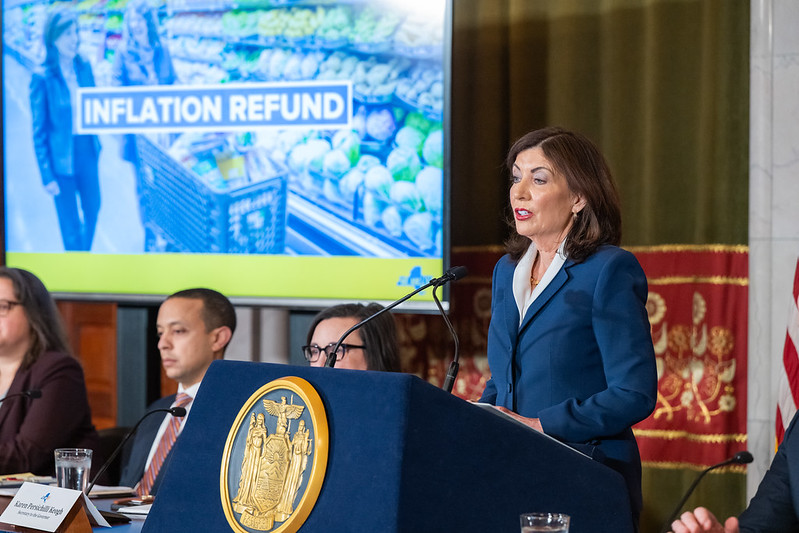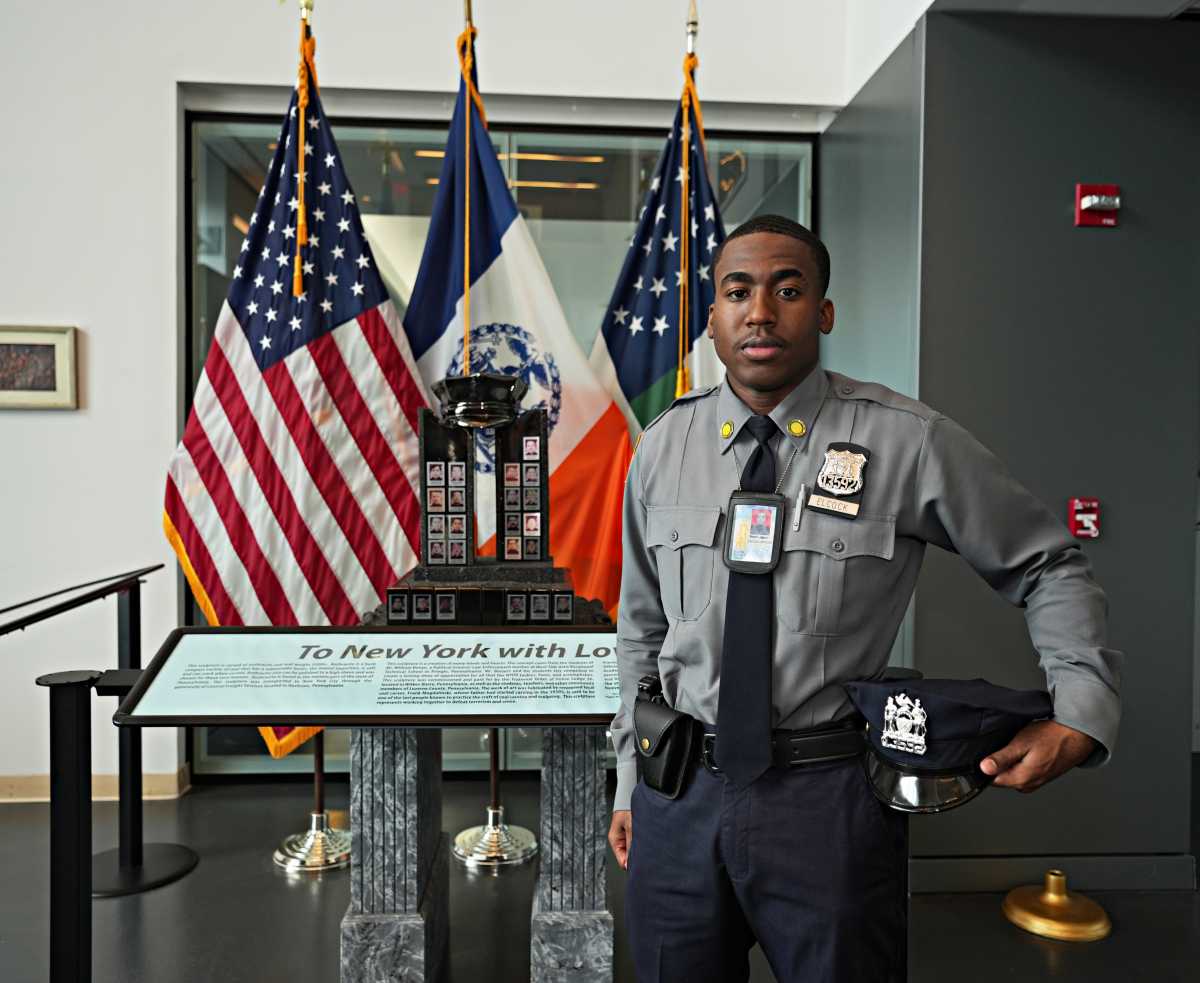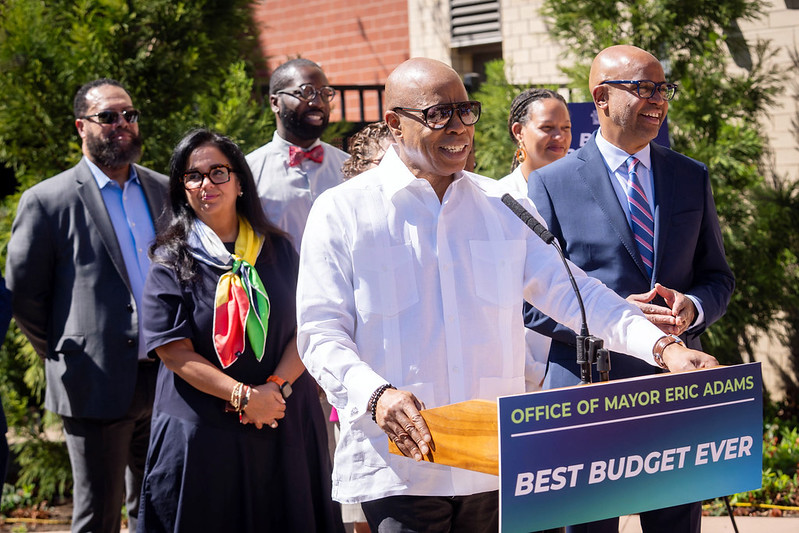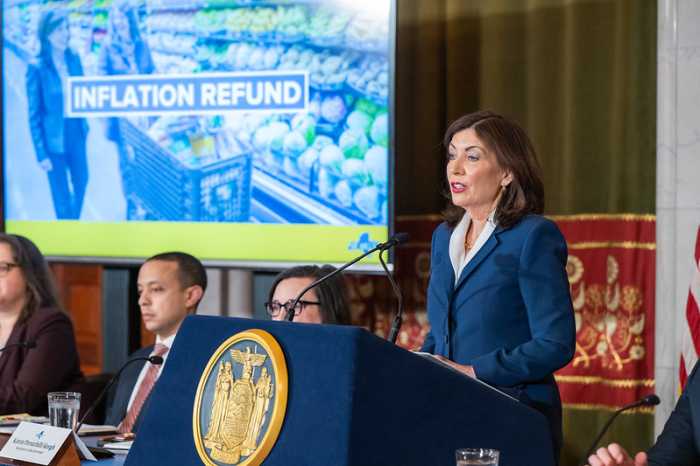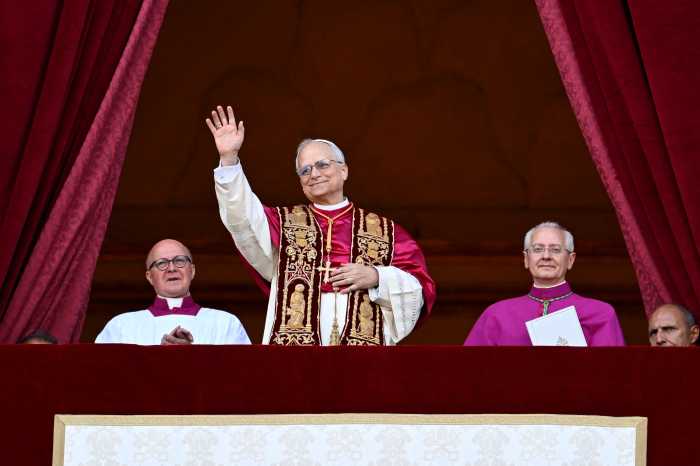In 2008, residents will have a two percent maintenance increase and a 30 cent per share assessment, which was discussed during the Open Finance Meeting on Wednesday, December 5.
Treasurer and Finance Committee Chair Robert Ricken explained that, in putting together the 2008 budget, the three main goals of the Board of Directors were to keep maintenance down, fund all capital improvement projects and increase the amount of money in the reserve fund.
In detailing the actual budget process, Ricken said that about 60 people are involved in it. This includes management, input from the various committees, the Board of Directors and the members of the Finance Committee.
During the process, it was decided to implement a two percent maintenance increase, which Ricken pointed out is below the rate of inflation, and an assessment of 30 cents per share for 2008. Maintenance reflecting the increase, which will go into effect on January 1, 2008, will result in operating revenues of $38,618,000. The assessment is expected to occur in June of 2008 and will bring in $1,793,000, which will be put into the Capital Improvements Fund.
One reason that this was necessary was because of new capital improvements that will have to be made in the next five years. Although last year a five-year plan estimated costs between $7 million and $8 million, recently added items have increased that figure to about $12 million.
Also, Ricken said that the Finance Committee had expressed concerns over how New York City finances would affect North Shore Towers. This includes the possibility that a short fall in the city’s revenues could result in the elimination of the annual tax rebate.
“I’m pleased to say by the measures we’ve taken our reserve fund at the end of 2008 is projected to be over $7.5 million,” Ricken said. “That figure should provide a great deal of comfort for our owners.”
The total operating budget of North Shore Towers is $41,456,000 for 2008 with a projected surplus of $480,000. Of the total operating expenditures, 51.79 percent are fixed (real estate taxes, mortgage payments, management fees and franchise and corporation taxes) and 42.77 percent are semi-fixed (labor and related costs, power and natural gas, service contracts, insurance and water and sewer charges). Variable expenditures (repairs, maintenance and supplies and miscellaneous common area expenses) account for 5.44 percent of the total.
One of the largest costs is for power and natural gas, which is about $5 million.
The budget allows for almost $3 million for capital improvements and equipment. They are:
In going into further detail about some of the capital improvement items, Ricken explained that fire safety includes new downstairs paneling, sprinklers in the Building Three arcade area, smoke detectors, a smoke purging system and stairwell lighting.
In regards to energy conservation, Ricken explained that the Capital Improvements Committee is looking into machinery that would turn on and off as needed rather than run constantly. He said that this could result in as much as a 10 percent fuel savings.
It is also projected that by December 31, 2008, the amount of money in the Cash/Working Capital Fund, Operating Contingency Fund, Capital Improvement Fund and Emergency Reserve Fund will total $10,802,000.
Following Ricken’s presentation on the 2008 budget, the floor was opened to residents to ask questions and make comments and suggestions.
One topic that was brought up was how various litigations have affected the coop’s costs. North Shore Towers Controller Robert Serikstad explained that in 1999 the annual premium for the Directors and Officers Liability Policy was $7,100 with a $2,500 deductible. Following negotiations, the renewed policy was for $23,000 with a $25,000 deductible. Serikstad said that he was told the increased amounts were because of the Towers’ “claims history.”
Some of the suggestions that were made by residents during the meeting were looking into using solar wind power, expanding the arcade, increasing the amount of meeting space, and automatically have a recount when Board of Director elections are close.
Concerns were also raised about money being spent on items that should be put on hold while the Towers is trying to increase revenue. First Vice President Alan Gardner, who presided over the meeting in the absence of President Chuck Robbins, said that the board has to vote on items again when it is time to spend the funds on them. Therefore, he said, even though an item is in the budget, that does not mean it will automatically be done.








